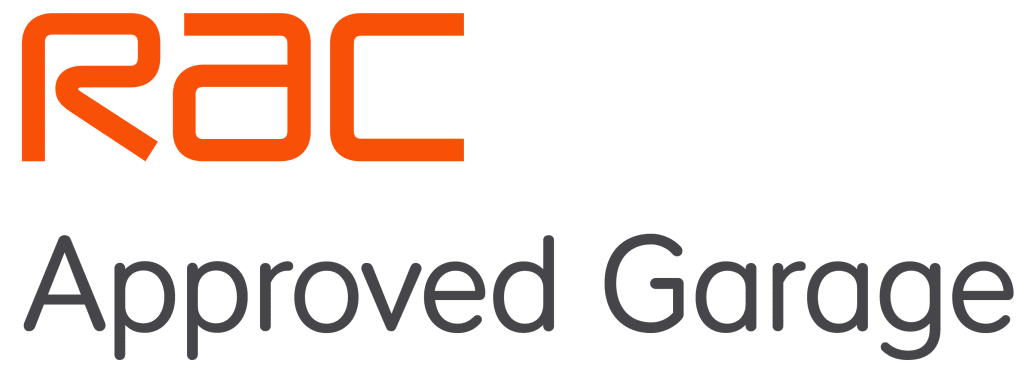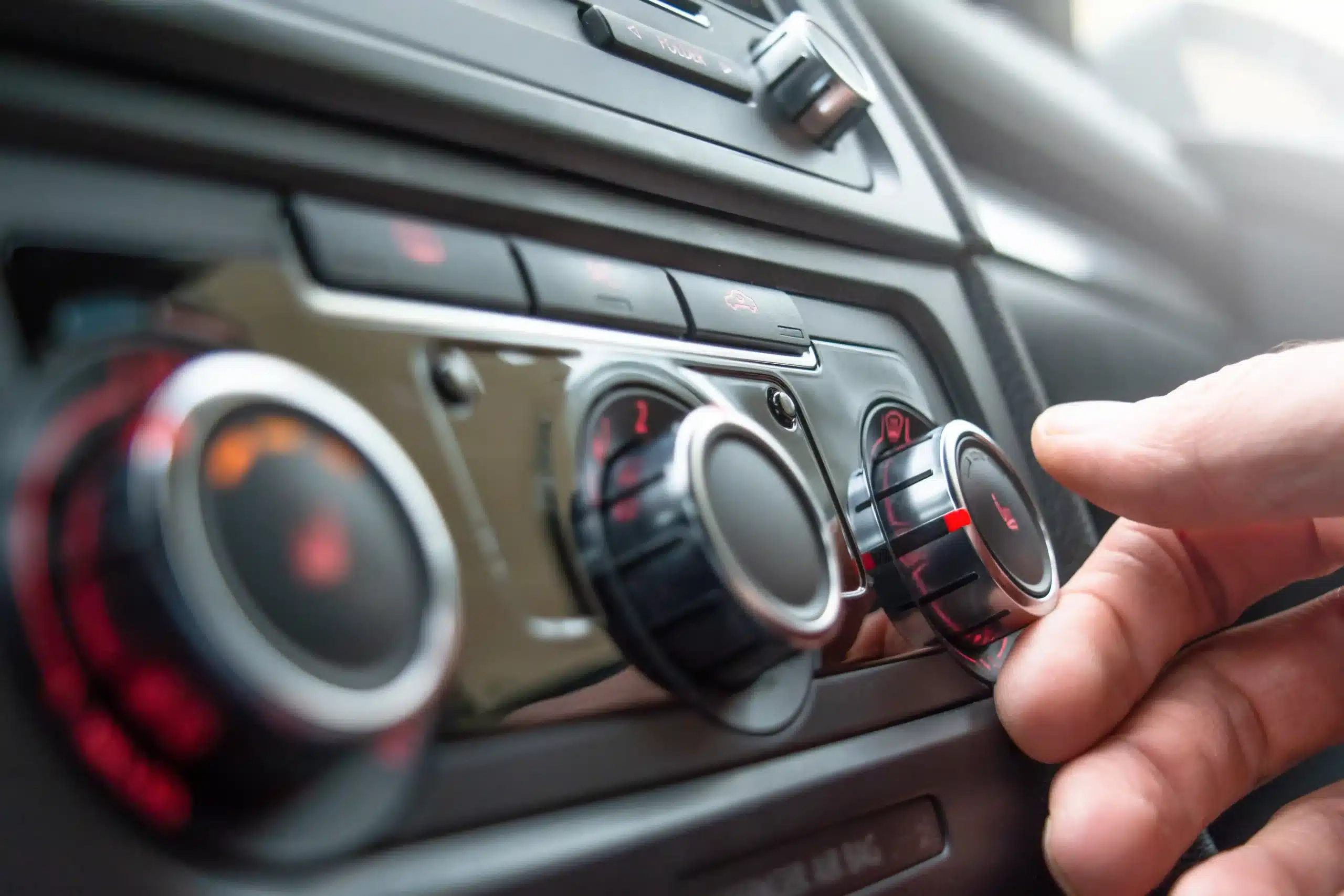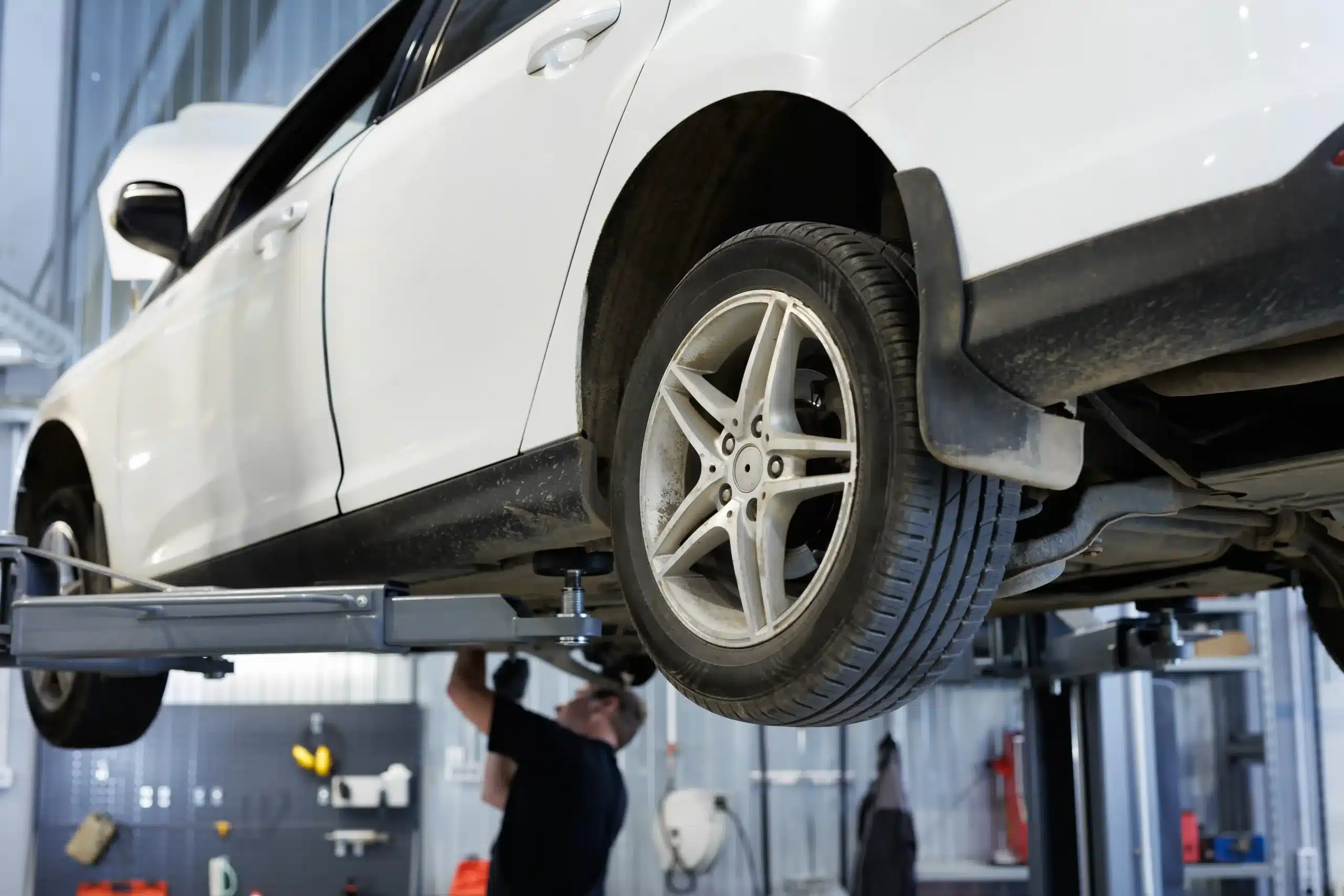The annual MOT test is a crucial milestone for every UK driver, determining whether your vehicle meets the minimum safety and environmental standards required for road use. Amongst all the components scrutinised during this comprehensive examination, your braking system receives particular attention—and for good reason. The question many motorists face is whether to invest in brake repairs before their MOT appointment or take their chances with the test as scheduled.
Understanding MOT Brake Testing Requirements
During an MOT test, your vehicle’s braking system undergoes rigorous inspection covering multiple components. The examiner will assess brake pads, discs, drums, brake fluid levels, handbrake operation, and the overall effectiveness of your braking system. The test includes both visual inspections and performance measurements using specialised equipment.
Your brakes must demonstrate sufficient stopping power within prescribed limits, typically requiring the service brake to achieve at least 50% efficiency and the parking brake to reach 16% efficiency. These aren’t arbitrary figures—they represent the minimum standards necessary to ensure your vehicle can stop safely in emergency situations.
The MOT tester will also examine brake components for excessive wear, corrosion, or damage. Brake pads must have adequate thickness remaining, whilst brake discs cannot show significant scoring, cracking, or excessive wear. Even minor issues like contaminated brake fluid or poorly adjusted handbrakes can result in test failure.
Common Brake-Related MOT Failures
Statistics from the Driver and Vehicle Standards Agency reveal that brake-related issues account for a significant proportion of MOT failures. The most frequent problems include worn brake pads, which can score brake discs if left unchecked, creating more expensive repairs. Corroded brake pipes present another common failure point, particularly on older vehicles where road salt and moisture have taken their toll.
Brake fluid contamination or insufficient levels frequently cause failures, often due to neglected maintenance schedules. Handbrake adjustments represent another frequent issue—many drivers don’t realise their parking brake isn’t holding properly until the MOT test reveals the deficiency.
Seized brake calipers can cause uneven braking, leading to test failure and potentially dangerous driving conditions. Similarly, worn brake discs that fall below minimum thickness requirements or show excessive scoring will result in an immediate fail.
The Cost Consideration: Prevention vs Reaction
When weighing whether to address brake issues before your MOT, consider both immediate and long-term costs. A pre-MOT brake inspection at First Auto Centre typically costs significantly less than the combined expense of a failed MOT, mandatory retest fees, and emergency repairs.
Failed MOT tests require retesting within prescribed timeframes, often creating inconvenience and additional costs. If your vehicle fails on brake-related issues, you’ll need to arrange repairs quickly to avoid driving illegally, potentially limiting your choice of repair facilities and increasing costs.
Preventive brake maintenance often proves more economical than reactive repairs. Replacing brake pads before they’re completely worn prevents damage to brake discs, avoiding the need for more expensive disc replacement. Similarly, addressing brake fluid contamination early prevents internal component damage that could necessitate complete brake system overhauls.
Consider also the peace of mind that comes with knowing your brakes are in optimal condition. Road safety should never be compromised for short-term cost savings, and properly maintained brakes are essential for protecting yourself, your passengers, and other road users.
Warning Signs That Suggest Immediate Brake Attention
Several indicators suggest your brakes may require attention before your MOT appointment. Squealing or grinding noises when braking often indicate worn brake pads, whilst a spongy brake pedal could suggest air in the brake lines or contaminated brake fluid.
If your vehicle pulls to one side during braking, this might indicate uneven brake wear or seized components. A handbrake that requires excessive force to engage or doesn’t hold the vehicle securely on inclines needs immediate attention.
Visible signs include brake fluid leaks under your parked vehicle, or brake warning lights illuminated on your dashboard. These symptoms shouldn’t be ignored, as they often indicate safety-critical issues that will certainly result in MOT failure.
Vibration through the brake pedal during application might suggest warped brake discs, whilst an unusually low brake pedal could indicate worn brake components or system faults requiring professional diagnosis.
Strategic Timing for Pre-MOT Brake Services
The optimal timing for pre-MOT brake inspection depends on various factors, including your vehicle’s age, mileage, and previous maintenance history. Generally, scheduling a brake check two to four weeks before your MOT provides sufficient time to address any issues without rushing repairs.
This timeframe allows for thorough diagnosis, parts ordering if necessary, and quality repairs without the pressure of an imminent MOT deadline. It also provides opportunity to shop around for competitive pricing rather than accepting the first available service.
For vehicles with high mileage or those approaching their MOT anniversary, an earlier brake inspection can help identify developing issues before they become critical failures. This proactive approach often results in more cost-effective maintenance strategies.
Making an Informed Decision
The decision to pursue brake repairs before your MOT ultimately depends on your vehicle’s condition, your risk tolerance, and your budget constraints. However, given the critical safety function of your braking system and the high probability of brake-related MOT failures, preventive maintenance generally represents the most prudent approach.
At First Auto Centre, our experienced technicians can provide comprehensive pre-MOT brake inspections, identifying potential issues and providing transparent cost estimates for any necessary work. This approach allows you to make informed decisions about repairs whilst ensuring your vehicle meets MOT standards safely and reliably.
Remember that your brakes are fundamental to road safety—investing in their proper maintenance protects not only your MOT pass rate but, more importantly, the safety of everyone who shares the road with you.








